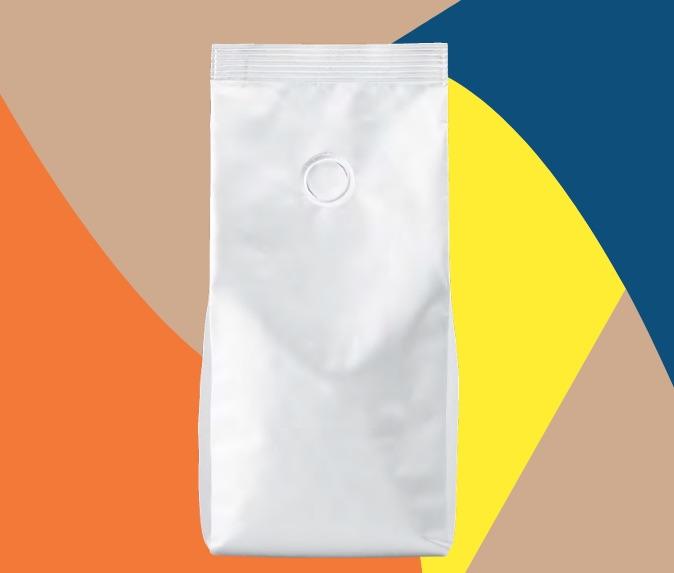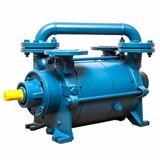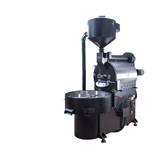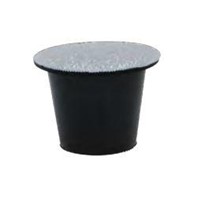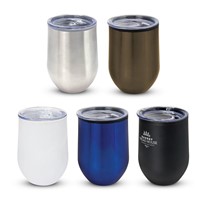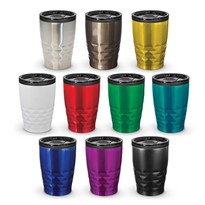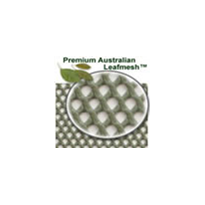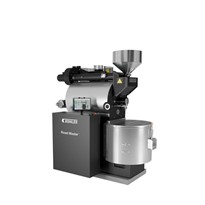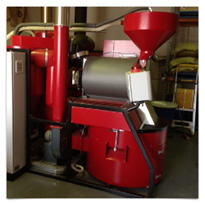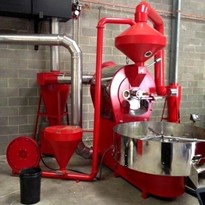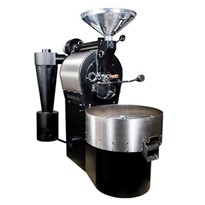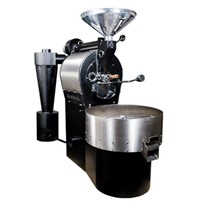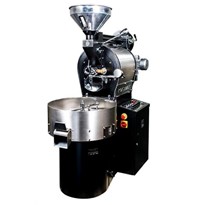There’s no denying that coffee is the drink of choice for many Australians, and there has been a growing consumer preferencetowards more premium coffee products, with people choosing whole coffee beans and coffee capsules over cheaper instant coffee.
Perhaps more significant though, is the growing preference towards sustainability, with consumers becoming more concerned about the origin of products, with fair trade and organic coffee becoming more popular, and many consumers willing to pay extra for more sustainable product options. As well as the actual coffee product itself though, coffee packaging also plays a large role in the move towards sustainability.
Why is sustainability on the radar?
Sustainability has been a big topic of late, with Australian consumers paying much more attention to whether the products they purchase and the companies they purchase them from are environmentally sustainable.
In January 2018 China decided to ban the importation of 24 types of recyclable materials. Since then, Australia and most of the world, have found themselves in a tricky spot. Previously we used to ship off our rubbish to China for a fee and they would then recycle it. Now that they have stopped taking other countries’ recycled waste, we suddenly find our waste processing capabilities are at capacity and governments around the world are stressed by the situation. We now have to deal with our country’s rubbish ourselves, and it is not something we had a plan in place for. Initially, 619,000 tonnes of the 67 million tonnes of waste generated in Australia per year was expected to be affected. The figure has since been revised, doubling to 1.3 million tonnes of recyclable waste.
Plastic usage and its environmental impact are not issues that are going to disappear, and as consumers continue to become more aware of the pitfalls of continued consumption this has had a carry-on effect to the companies they shop with.
The push for sustainability in coffee manufacturing
As a rising number of consumers are becoming more concerned with the sustainability of the coffee they buy, they are also becoming more knowledgeable around the impact of waste in Australia.
Coffee manufacturers and the retailers, cafes and grocers they supply to are often torn between becoming more environmentally sustainable, operationally capable and maximising profits. Yet, consumer awareness is only set to rise, and businesses are going to in turn face increasing pressure when it comes to sustainability. We have already seen this trend with consumers adopting re-usable coffee cups for their take-aways, rather than disposable cups, with many coffee shops offering discounts in line with this trend.
Companies have also become more conscious of their own plastic use and have looked for ways to address this, starting with the banning of single use bags, as well as many food retailers and cafés starting to phase out plastic straws. Many big-name companies have also pledged to make 100% of their packaging recyclable within the next few years, but in order for that to be achievable there needs to be a viable option for replacing plastic.
Packaging is an aspect of the coffee product that many consumers see first, and their attention will only accelerate the drive towards more environmentally friendly offerings. While in the past many businesses prioritised how eye-catching the packaging was to consumers and the cost, they are now having to consider environmental sustainability.
In response, many packaging companies within the Australian marketplace are assuring businesses that their coffee packaging options are ‘environmentally friendly’, ‘eco-friendly’, ‘green’ or ‘biodegradable’. However, this is often not fully the case, or if it is, it means the packaging may not protect and maintain the quality of the coffee beans it carries.
While many coffee businesses are wanting to move towards sustainability in their packaging, they also need to continue to offer the same quality, fresh coffee product and strong packaging that was previously offered in a traditional foil-lined coffee bag, which wasn’t recyclable.
Balancing the options
On the one hand, the Australian coffee market is being driven by continued growth in demand for premium coffee products, and on the other hand, it’s very apparent that consumer pressure for more sustainable product packaging and use of plastics is well underway.
While traditional coffee packaging has been fine-tuned over many years to ensure product integrity and quality, with a long shelf life – the industry is having to look in new directions to address the push for sustainability, as consumer pressure mounts.
Yet this doesn’t mean consumers will accept any decline in coffee product quality, for the sake of a more sustainable packaging option. The good news is that the packaging market is now positioned to deliver recyclable and compostable options that are capable of protecting and ensuring the high quality of the coffee product they contain. At this stage, there is more work to be done before a coffee packaging option that is biodegradable in landfill is available, which is also truly capable of protecting the quality of coffee product.
While recyclable and compostable coffee packaging options don’t directly translate to what we had with traditional coffee packaging – when it comes to shelf-life and cost – these might be factors coffee brands need to consider accepting in order to satisfy consumers who are more and more hungry for sustainable packaging, but not at the price of quality.


